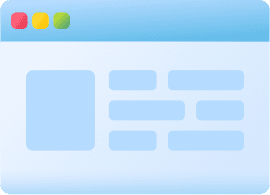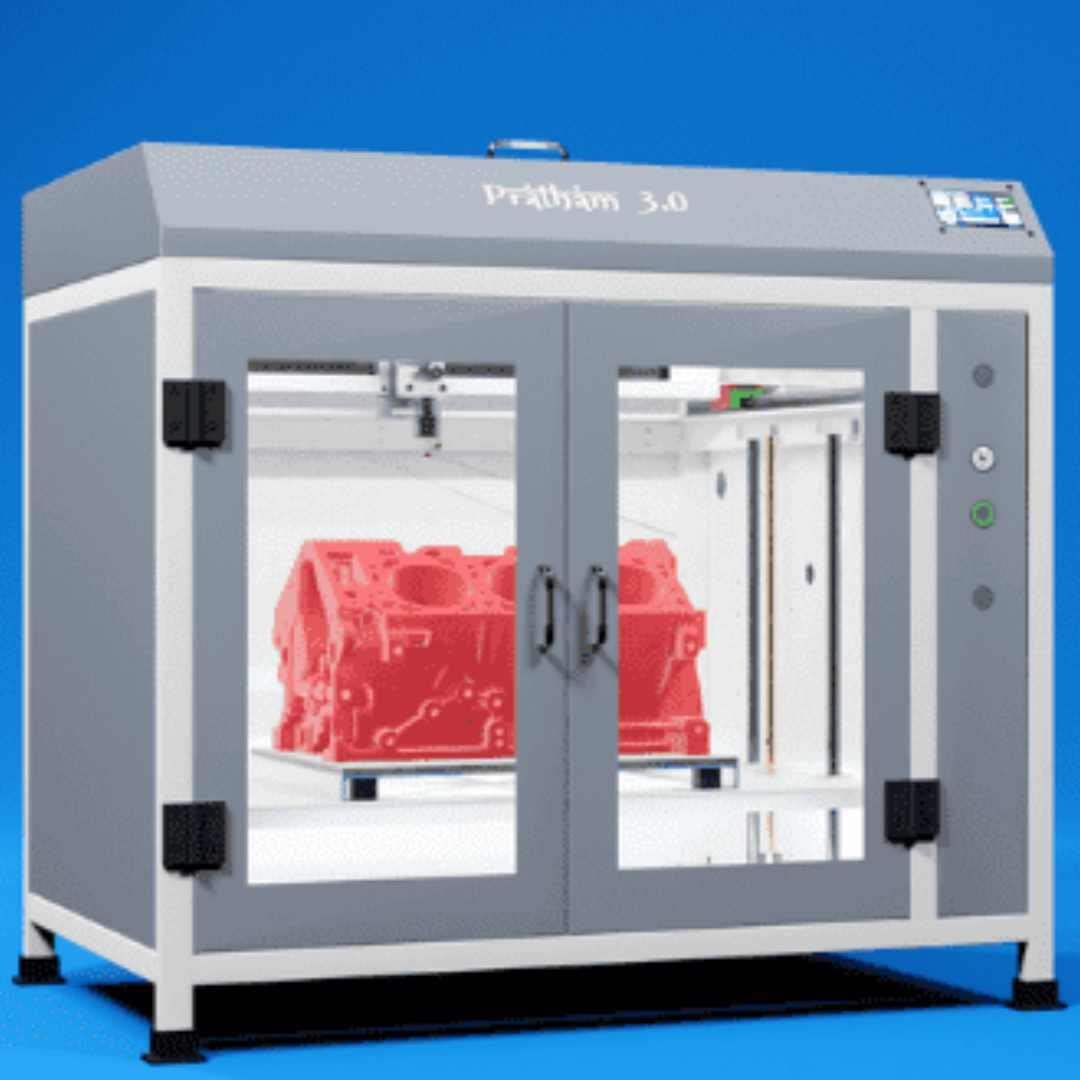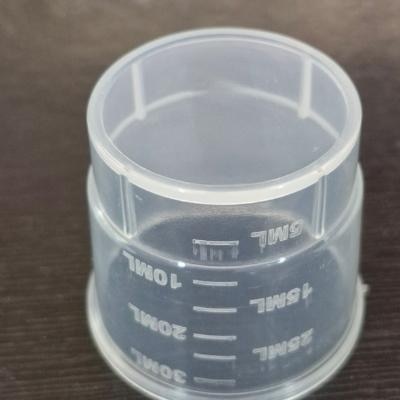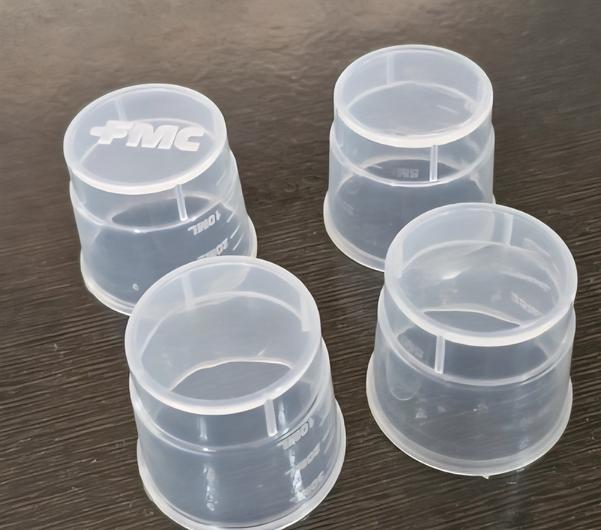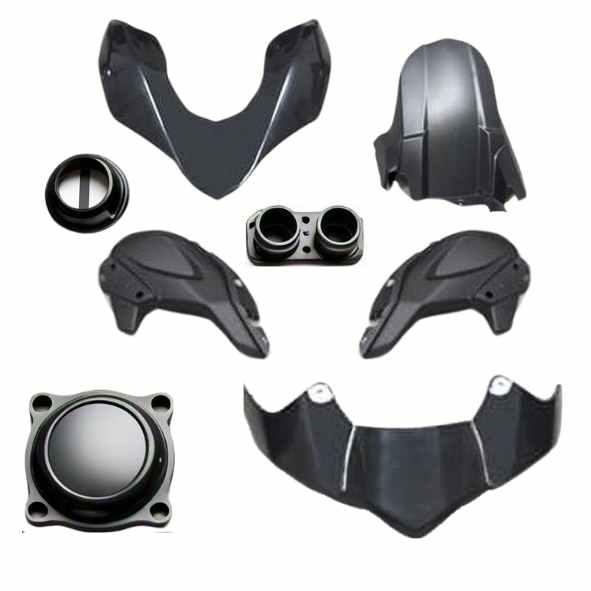Description
Product details
3D Printing Services at Synertek Plast Synertek Plast offers 3D printing services that enhance the product development process by enabling fast, cost-effective, and accurate prototypes. 3D printing serves as an essential step before mold development, allowing designers and engineers to refine their concepts, detect design flaws, and make necessary adjustments without the high costs associated with mold rework. Our FDM 3D printing capabilities allow us to produce functional prototypes, helping ensure the final product meets precise specifications. Advantages of 3D Printing in Product Development and Pre-Mold Stages 1. Rapid Prototyping: 3D printing accelerates the development process, providing a quick turnaround on prototypes, which means faster feedback, testing, and improvements. 2. Cost Savings: With 3D printing, there’s no need to invest in costly molds at the prototyping stage, helping reduce overhead costs in the early stages of product design. 3. Design Flexibility: The flexibility of 3D printing allows for iterative changes without major cost implications, giving designers the freedom to experiment with new features and configurations. 4. Functional Testing: Before moving to mold creation, 3D printed parts enable functional and fit testing, ensuring compatibility with other parts or assemblies, which helps mitigate costly errors. 5. Early Stakeholder Feedback: Physical prototypes are easier for stakeholders to understand, improving early feedback and alignment on product features and aesthetics. Materials Available for FDM 3D Printing Synertek’s FDM 3D printers support a variety of materials suitable for prototyping and functional testing: PLA (Polylactic Acid): A biodegradable plastic that is easy to print and ideal for creating detailed prototypes. ABS (Acrylonitrile Butadiene Styrene): Known for its strength and durability, making it a preferred material for functional prototypes. PETG (Polyethylene Terephthalate Glycol): Offers good chemical resistance and toughness, suitable for more demanding prototypes. TPU (Thermoplastic Polyurethane): A flexible, rubber-like material that can be used for parts requiring elasticity. Nylon: Known for its strength and flexibility, it’s excellent for producing durable and lightweight prototypes. At Synertek Plast, our 3D printing services enable streamlined development and ensure your product concept is perfected before advancing to mold manufacturing. Contact us to explore how our 3D printing solutions can support your project from concept to final product.
